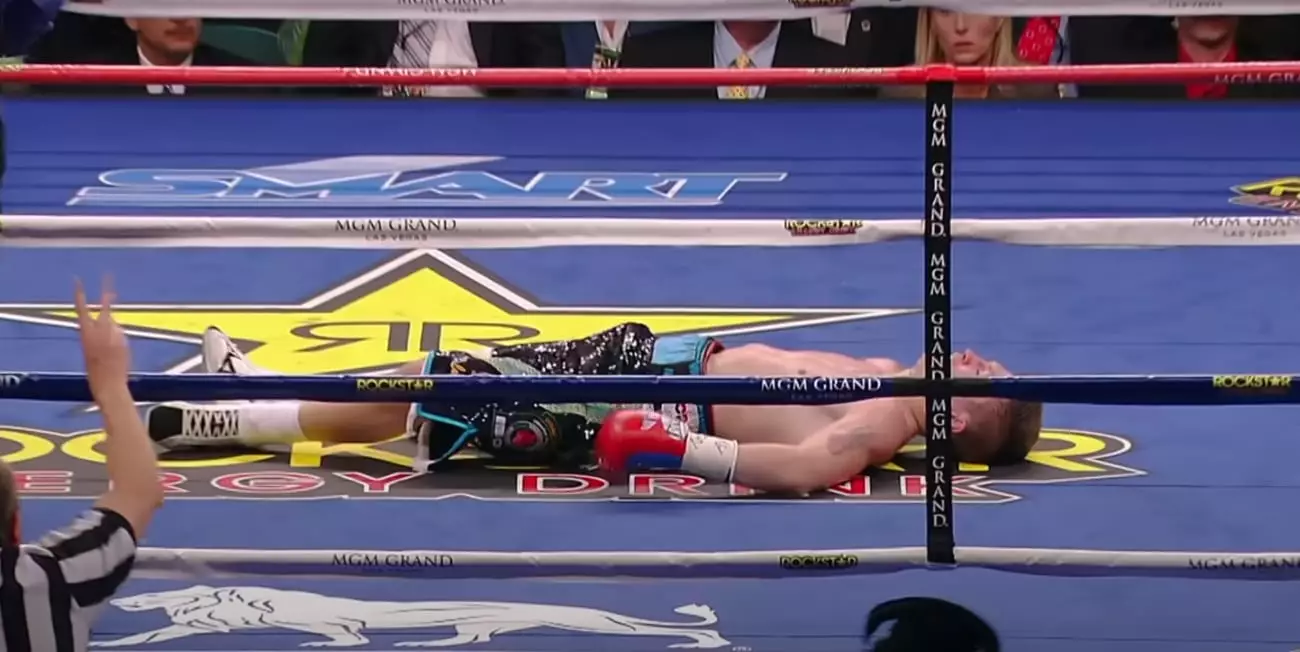As boxing fans eagerly anticipate Manny Pacquiao’s much-discussed comeback against WBC welterweight champion Mario Barrios in July, many are reflecting on what these high-stakes bouts entail for fighters, especially veterans returning to the sport. Former professional boxer Ricky Hatton, who once faced Pacquiao himself, has shared candid insights about his skepticism regarding Pacquiao’s prospects in the ring against Barrios, who is a decade younger and holds significant championship status. Hatton’s honesty illuminates a critical aspect often overshadowed by the glitz and glamour of professional boxing—the unforgiving reality of physical exertion and mental health struggles that many fighters face, especially as they age and their bodies wear down.
Reflections on Mental Health in Boxing
Hatton’s remarks about his own mental health following his loss to Pacquiao in 2009 are particularly poignant. Openly sharing his battles with depression, substance abuse, and a sense of despair reveals the darker side of a sport that celebrates physical prowess but often neglects the psychological toll it takes on its athletes. He noted that he “didn’t care if he lived or died,” highlighting the depth of his turmoil post-retirement. The harsh truth is that the spotlight doesn’t always shine; often, the tremendous pressure and scrutiny can lead fighters down a path of self-doubt and anxiety.
Many admired Hatton not just for his tenacity as a boxer but also for his vulnerability in discussing these issues, as it breaks the stigma surrounding mental health in sports. This speaks volumes about the necessity for current fighters to prioritize their mental well-being alongside their physical training. Recognizing one’s demons is the first step towards recovery, and Hatton’s choice to become an ambassador for mental health in sports is commendable—a guiding light for those who find themselves in similar dark places.
The Legacy of a True Champion
Despite experiencing a career setback against Pacquiao, Hatton’s unwavering spirit saw him attempt a comeback in 2012 against Vyacheslav Senchenko. Although he did not win that fight, his attempt epitomized the resilience of a true champion. Hatton’s legacy now extends beyond his boxing achievements; he stands as an advocate for mental health, encouraging transparency and discussion among athletes, highlighting the idea that vulnerability can coexist with strength. Just as Tyson Fury has become a symbol of overcoming personal demons, Hatton now represents a broader movement within sports where mental health is fluxed into the narrative of athletic excellence.
His journey reminds us that victory is not only measured in titles and belts but also in the ability to confront personal struggles, rise above them, and motivate others who might feel as lost as he once did. As Manny Pacquiao prepares for his fight, perhaps it’s worth contemplating how each punch thrown in the ring is part of a greater battle; one that transcends sport and bleeds into the shared human experience of facing pain, loss, and the relentless pursuit of mental fortitude.


Leave a Reply